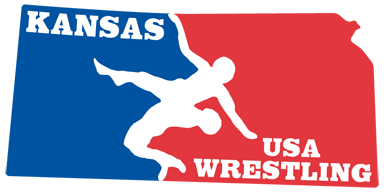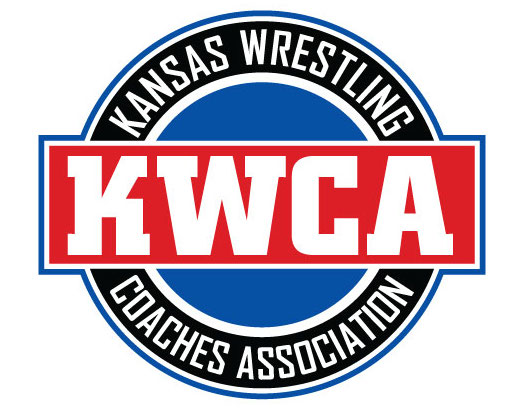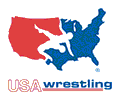Well said Ricky Bobby. I found an article that I relevant to this situation:
Flagrant Misconduct
By Andrew Dennison
2012‐13 NFHS Wrestling Rule 5‐12, Flagrant Misconduct.
It is my opinion, that a Flagrant Misconduct call, is a call that over my 26 years of officiating has to be one of the least called violations across our profession as high school wrestling officials. Like most rules,it is left to the decision of the official. I might see the use of an elbow differently than other officials do,
and call that wrestling ‐ after all it is a contact sport.
Under the rules, Flagrant Misconduct refers to a
behavior that is so offensive that the referee feels he/she needs to disqualify a wrestler from
competition. This is left to the judgment of the referee, a comprehensive list of violations would be impossible to compile. Flagrant Misconduct is a one –time offense. An act that is subsequently
unacceptable, that all athletes know better than to do them.
Some examples of Flagrant Misconductare outlined in section 12 under ART 2. sub category (b); striking,
butting, elbowing, kicking an opponent, and use of tobacco products. This also includes biting, if in the opinion of the referee a wrestler bites his/her opponent this will be deemed as intentional biting and will be called as flagrant misconduct.
Flagrant misconduct is not limited just to the wrestling area and can be called on other
team personnel and coaches prior to, during or after the match.
There is “NO” warning for Flagrant Misconduct! It is an immediate removal from the event for coaches,
contestants, and any spectators who may become offensive. In the event that a student or contestant has to be removed from the event, he/she must have authorized school personnel to supervise the said individual, if that cannot be provided then they shall be confined to the bench area. A wrestler who is disqualified in an individual tournament is not entitled to any points earned in the tournament. All advancement points, fall points, placement points are negated. All vacancies created in the event pairing shall be scored as forfeits. In dual meet competition all team points will be negated. If a spectator has to be removed from an event for flagrant misconduct, no team points shall be deducted
from any team.
The biggest take away from Flagrant Misconduct is that it is an immediate removal from
the event. There is a deduction of 3 team points for contestants, coaches and team personnel and thereis “NO WARNING”.
Example:
Wrestler B is on bottom and is in a cross face cradle, and wrestler A shows you teeth marks that is consistent with a bite (both upper and lower teeth marks). Wrestler B says it was from his cross‐face(which I have seen marks from upper teeth on a forearm) but after you look at the forearm you can see where both upper and lower teeth have made a mark in an oval fashion. This is clearly an intentional act and should be dealt with accordingly by placing your right/left had on the top of your head with a bend in the elbow and call flagrant misconduct. This must be brought to the official’s attention immediately, if wrestler A stops you in the 3rd period and says “he bit me in the first period, look at my arm”. This bite will NOT be given any consideration; wrestler B must bring it to your attention immediately. You have both wrestlers shake hands and raise the hand of wrestler B as the winner.
Flagrant Misconduct
By Andrew Dennison
Then you as the official may and should explain to the contestants and coaches what he/she did and the
punishment that goes along with this penalty. You must report this to the head scores table so that the correct team points are deducted, and if in an individual event the head scores table know the series of actions that must take place. Most of the time they will not know, and they will need our assistance or the rule book for guidance in a tournament.
This is only one example of many situations where Flagrant Misconduct can occur by coaches, wrestlers
team personnel, and spectators while we perform our duties as wrestling officials. It is our job to use sound judgment, and be consistent and that we must consider the offence(s) serious enough to remove the individual from the event.
References:
2013‐13 NFHS Wrestling Rules; 7‐4‐3, 7‐5‐5, 8‐1‐3, 8‐1‐6
2012‐13 NFHS Wrestling Case Book and Manual; 7.4.3 A and B, 7.5.3, 7.5.5, 7.5.6
Taken from:
http://www.kyofficials.com/sites/kyoffic...tMisconduct.pdf






